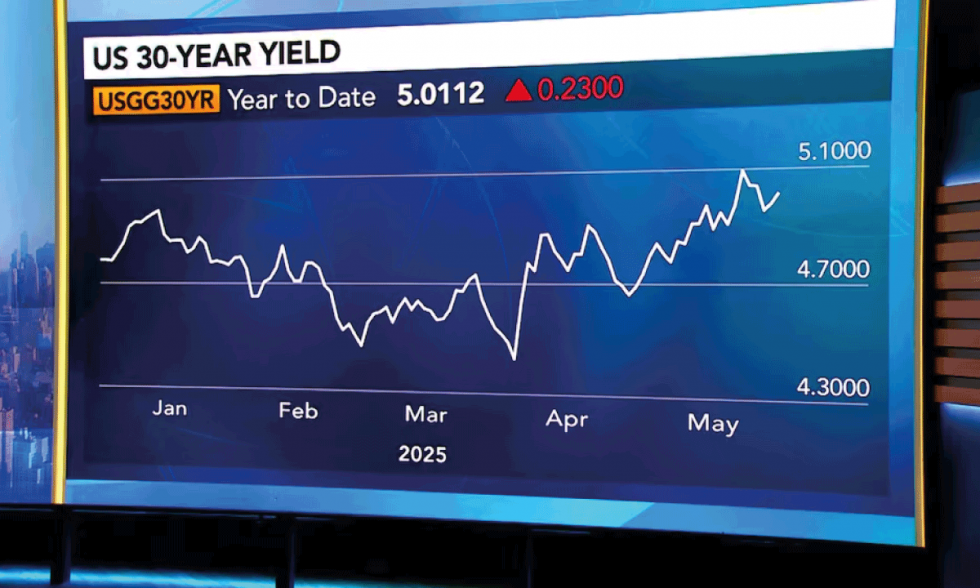Global Transformations: Key Trends Redefining the Business World in 2025
The business world is evolving at an unprecedented pace, and 2025 is set to bring significant shifts that companies must navigate to stay ahead. Here are the top trends shaping the global business landscape:
1. Reconfiguration of Supply Chains
Trade and geopolitical tensions between the United States, Europe, and China are driving a restructuring of global supply chains. The U.S. has implemented new tariffs aimed at reindustrializing its economy and reducing trade imbalances, leading to greater fragmentation of global trade. Meanwhile, Europe is seeking to diversify its supply sources in response to China’s growing economic coercion and U.S. protectionist policies. These tensions could drive up costs and negatively impact key industries such as manufacturing and automotive.
2. Rise of Sustainable Investments
Despite political uncertainty, investments in decarbonization and conservation projects are gaining momentum, especially in regions vulnerable to climate change like Latin America. While political priorities in some countries have shifted focus to other areas, the reality of environmental challenges has kept interest in clean energy and sustainability high. The drop in clean energy stock prices is expected to present long-term investment opportunities.
3. Advancements in Artificial Intelligence and Synthetic Realities
Artificial intelligence (AI) continues to blur the lines between real and fictional. Every second, a global business reports incidents of deepfake fraud, and the immersive experience market is estimated to reach $800 billion by 2025. Companies must prepare to face challenges related to the authenticity of information and take advantage of opportunities offered by these emerging technologies.
4. Transformation of Business Models and Mass Personalization
Businesses are reevaluating their models to adapt to a constantly changing environment. Mass personalization, enabled by data analytics, allows organizations to offer products and services more aligned with consumers' individual preferences, improving customer experience and fostering loyalty.
5. Sustainability as a Business Strategy
Sustainability has become a central strategy for many companies, not only for social responsibility but also as a competitive advantage. Integrating sustainable practices into operations and the supply chain can enhance brand reputation and attract environmentally-conscious consumers.
Companies that recognize and adapt to these trends will be better positioned to thrive in the complex and ever-changing global business landscape in 2025.
Related Articles
Todos los derechos reservados





Comentarios